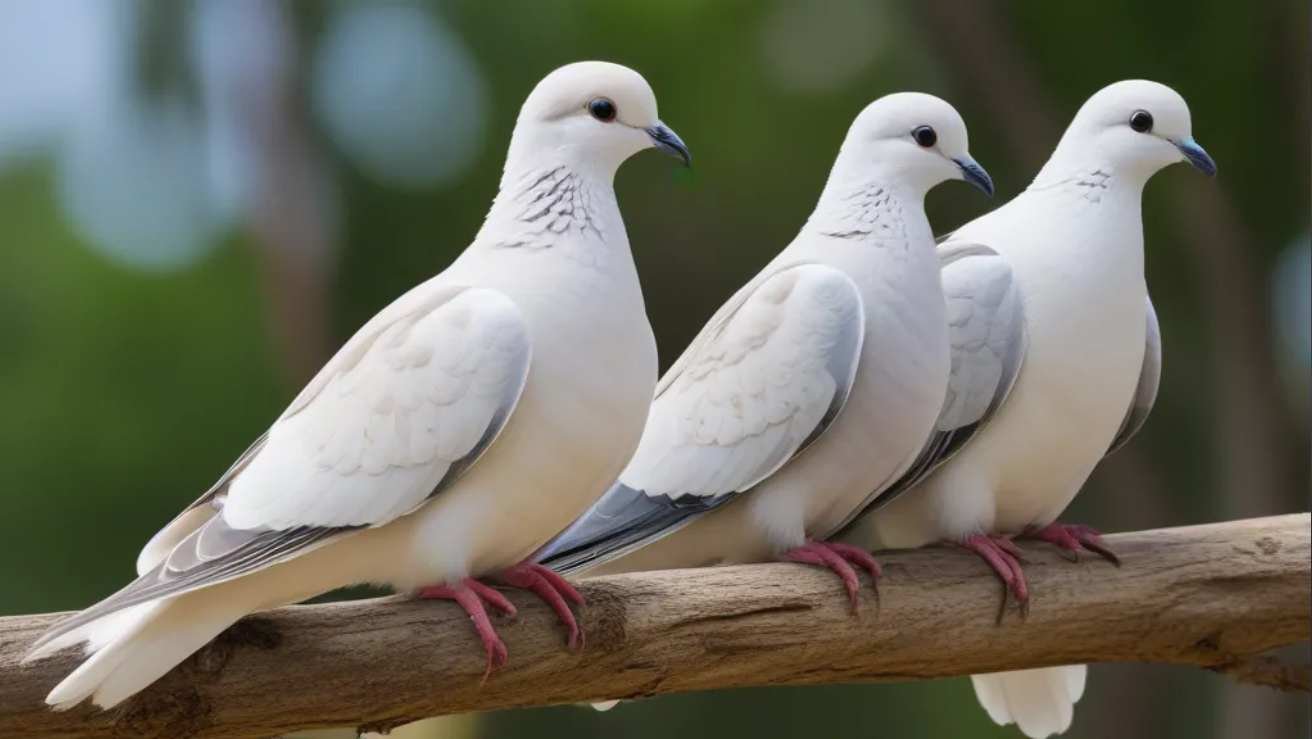Hey there, Pennsylvania sportsmen and sportswomen! As those summer evenings begin to cool and goldenrod starts painting our fields yellow, many of us feel that familiar excitement building. There’s nothing quite like the thrill of fast-flying birds darting across a harvest field at dusk, testing your reflexes and marksmanship. If that gets your heart pumping, you’re in exactly the right place. This comprehensive guide covers everything you need for Pennsylvania’s 2025-2026 migratory bird seasons, from precise dates and regulations to license info and pro tips. Whether you’re a seasoned wingshooter or introducing someone to the tradition, we’ve got you covered. Let’s explore what the Keystone State has in store! 🏔️
Quick Reference: Pennsylvania’s 2025-2026 Migratory Bird Seasons
| Species | 2025 Season Dates | Daily Bag Limit | Possession Limit |
|---|---|---|---|
| Mourning Dove | Sept 1 – Oct 25 & Dec 16 – Jan 1 | 15 | 45 |
| Eurasian Collared-Dove | Year-round | No limit | No limit |
| Snipe | Sept 1 – Nov 15 & Dec 16 – Jan 1 | 8 | 24 |
| Rails (Sora & Virginia) | Sept 1 – Nov 9 & Dec 16 – Jan 1 | 25 | 75 |
| Woodcock | Typically Oct 26 – Nov 15 & Dec 16 – Jan 1 | 3 | 9 |
All dates based on 2024-2025 framework and projected for 2025-2026
Detailed Season Breakdown: Plan Your 2025-2026 Hunts
Pennsylvania’s split-season framework offers excellent opportunities throughout the fall, with the second segment providing fantastic hunting after crops have been harvested.
Mourning Dove
These swift flyers provide exciting action across Pennsylvania’s agricultural lands and field edges.
- Segment 1: September 1 – October 25, 2025
- Segment 2: December 16, 2025 – January 1, 2026
- Shooting Hours: 30 minutes before sunrise to sunset
- Bag Limits: 15 daily, 45 in possession
- Hotspots: Agricultural areas, field edges, and near water sources
Eurasian Collared-Dove
This non-native species offers additional opportunities throughout the year.
- Season: Open year-round (April 1, 2025 – March 31, 2026)
- Bag Limits: No daily or possession limits
- Note: Often found near farmsteads and suburban areas
Related Hunting Opportunities
While pursuing migratory birds, you might also enjoy these additional seasons:
Other Migratory Birds
- Common Snipe: September 1 – November 15 & December 16 – January 1
- Rails (Sora & Virginia): September 1 – November 9 & December 16 – January 1
- Woodcock: Typically October 26 – November 15 & December 16 – January 1
Upland Game Birds
- Pheasant: Typically October – November (varies by zone)
- Grouse: Typically October – January (varies by zone)
- Bobwhite Quail: Limited seasons in specific areas
Understanding Pennsylvania’s Hunting Regulations
Knowing and following the rules ensures both your safety and the sustainability of our wildlife resources.
- HIP Certification Required: All migratory bird hunters must obtain free Harvest Information Program certification
- Shotgun Restrictions: Firearms must be plugged to hold no more than three shells
- Baiting Regulations: Hunting over baited areas is strictly prohibited
- Non-toxic Shot: Required on certain state game lands and managed areas
- Transportation: Keep one fully feathered wing attached to all migratory birds during transport
License and Tag Requirements
All hunters must possess the appropriate licenses and permits before heading afield.
2025-2026 License Fees:
| License Type | Resident Fee | Non-Resident Fee |
|---|---|---|
| Adult Hunting License | $20.97 | $101.97 |
| Junior Hunting License | $6.97 | $41.97 |
| Senior License (65+) | $13.97 | N/A |
| Migratory Game Bird License | $3.97 | $3.97 |
| Federal Duck Stamp | $25.00 | $25.00 |
License Requirements
- Age Requirements: All hunters 12 and older must possess a valid hunting license
- Hunter Education: Required for all first-time license buyers
- Youth Hunters: Those under 12 must be accompanied by a licensed adult
- Residency: Pennsylvania residents must provide proof of 30 days continuous residence
- Military: Active duty military stationed in Pennsylvania qualify for resident licenses
Frequently Asked Questions
Q: How do I get my HIP certification?
A: You can add HIP certification when purchasing your license from any authorized agent or through the Pennsylvania Game Commission’s online licensing system.
Q: Where are good public hunting areas in Pennsylvania?
A: Excellent public lands include State Game Lands throughout the commonwealth, particularly in agricultural regions. Always check area-specific regulations before hunting.
Q: Can I use electronic calls for doves?
A: Yes, electronic calls are permitted for dove hunting in Pennsylvania.
Q: Is there a youth hunting day for doves?
A: While there’s no specific youth day, the regular seasons provide excellent opportunities for mentoring new hunters.
Q: What’s the best time of day to hunt?
A: Early mornings and late afternoons typically offer the best action as birds move between roosting and feeding areas.
Final Thoughts
Pennsylvania’s 2025-2026 wingshooting season promises fantastic opportunities amid our state’s beautiful landscapes. With generous seasons and abundant hunting lands, the Keystone State offers excellent migratory bird hunting experiences. Remember to obtain your licenses and HIP certification, review current regulations, practice firearm safety, and most importantly—create lasting memories in Pennsylvania’s great outdoors. Here’s to safe hunting and straight shooting! 🎯
Official regulations are available at pgc.pa.gov. Regulations and dates are subject to change annually and may be adjusted based on population surveys and management needs.

